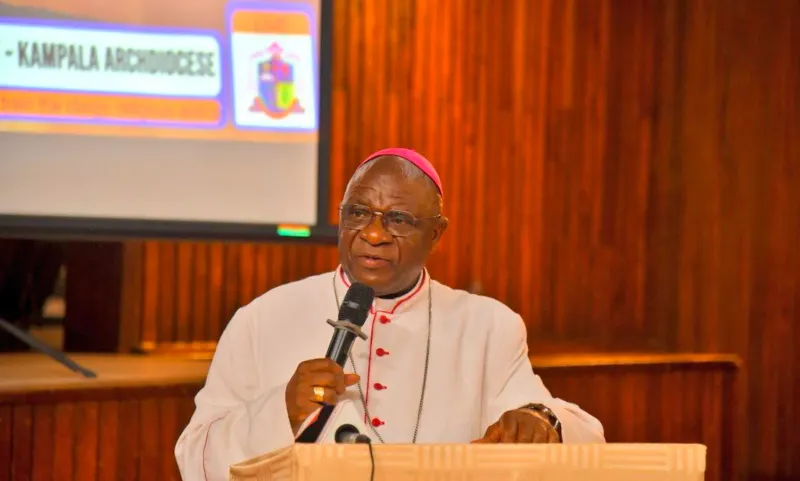
The Archdiocese of Kampala has introduced a comprehensive Child Safeguarding Policy aimed at confronting longstanding concerns about abuse within Catholic-run institutions. Announced on Wednesday afternoon at Pope Paul Memorial Hotel, the policy was formally launched by Archbishop Paul Ssemogerere, who said it establishes uniform protection standards across all parishes, schools, and child-focused programs in the archdiocese. According to the Archbishop, the Church seeks to strengthen systems for identifying abuse, reporting violations, and ensuring an appropriate response.
The rollout comes against a backdrop of growing public anger over recurring accusations of emotional, physical, and sexual abuse in Catholic schools and church run facilities, including renewed debates about corporal punishment. One recent case that drew national attention occurred in Moroto District, where parents reported that their 14-year-old son had been repeatedly sodomized at the church-run Child Jesus Primary School.
The family later reported receiving threats from members of the community and some church officials after demanding justice. A report stated that the headteacher, a nun, was recorded telling the child’s mother to “go slow” and cautioning her not to tarnish the Church’s reputation. She allegedly added that if the abuse occurred multiple times, the child “must have liked it.” Police subsequently arrested the nun, a school warden, and another suspect. The incident has since become a focal point in broader conversations about abuse and alleged institutional cover-ups.
Similar concerns have surfaced in other dioceses. Years ago, Fr. Anthony Musaala who was temporarily suspended at the time, publicly revealed that altar servers and other minors in parishes had faced sexual exploitation by clergy and religious personnel. In Kabale Diocese, local leaders have repeatedly warned about vulnerable and orphaned children allegedly being subjected to hard labor on church-managed farms. Advocates say such cases reflect a longstanding pattern in which families who pursue justice encounter intimidation, pressure from parish leaders, or community hostility, often leading them to abandon complaints.
Church leaders say the new safeguarding framework is intended to break that cycle. Fr. Dr. Ronald Kigozi, head of the Archdiocese’s Child Safeguarding and Protection Department, said the initiative aims to dismantle the “culture of silence” that has enabled abuse to persist. “This policy will create safe environments for children, rebuild shattered trust, and ensure abuse can no longer be hidden,” Fr. Kigozi said.
Under the new system, every parish, school, and institution must appoint a trained safeguarding officer responsible for receiving concerns, initiating reporting procedures, and coordinating with Church authorities. The policy also introduces compulsory training for priests, religious staff, catechists, and teachers, establishes clear reporting channels, and requires regular audits and a full review within three years. Fr. Kigozi added that the policy outlines internal procedures and penalties under Church canon law, and that the Archdiocese will work closely with state child welfare agencies and police to support independent investigations and possible criminal proceedings.
Education leaders welcomed the move but stressed the importance of enforcement. Prof. Patrick Edrin Kyamanywa, Vice-Chancellor of Uganda Martyrs University and a member of several school boards, noted that vulnerable children need stronger protections. “Past cases have often been handled in secrecy, with some victims facing intimidation. A clear safeguarding system is necessary for addressing harm and preventing future incidents,” he said.
Ddamulira, headteacher of St. Augustine’s College, Wakiso, said the new measures are expected to improve safety in Catholic schools and restore parents’ confidence. But Prof. Anthony Muwanga Muggaga, Principal of the College of Education and External Studies at Makerere University, cautioned that success will depend on consistent enforcement. Drafting a policy, he said, is only the first step; strong systems must ensure it is implemented fully.
The Catholic Church globally has introduced stricter child-protection rules in recent years. In 2019, Pope Francis issued You Are the Light of the World, a worldwide directive requiring every diocese to establish accessible reporting systems, complete investigations within defined timelines, safeguard whistleblowers and victims from retaliation, and hold bishops accountable for failures or cover-ups. Clergy were also required to report suspicions internally and, where mandated by law, to civil authorities. These reforms followed major abuse scandals in countries such as Ireland and the United States and marked a shift toward stronger oversight and cooperation with state agencies.
URN

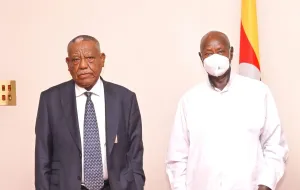
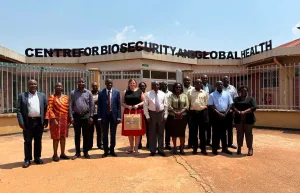
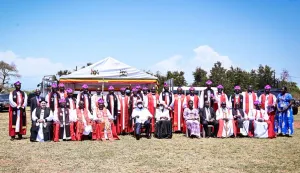
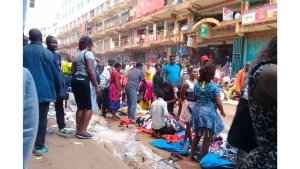
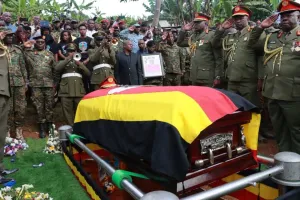







The Sunrise Editor
Leave a Comment
Your email address will not be published.